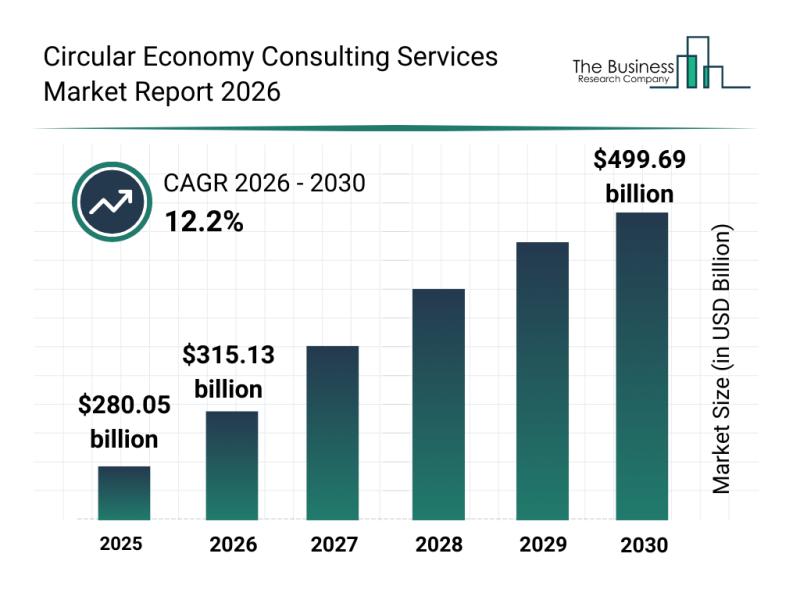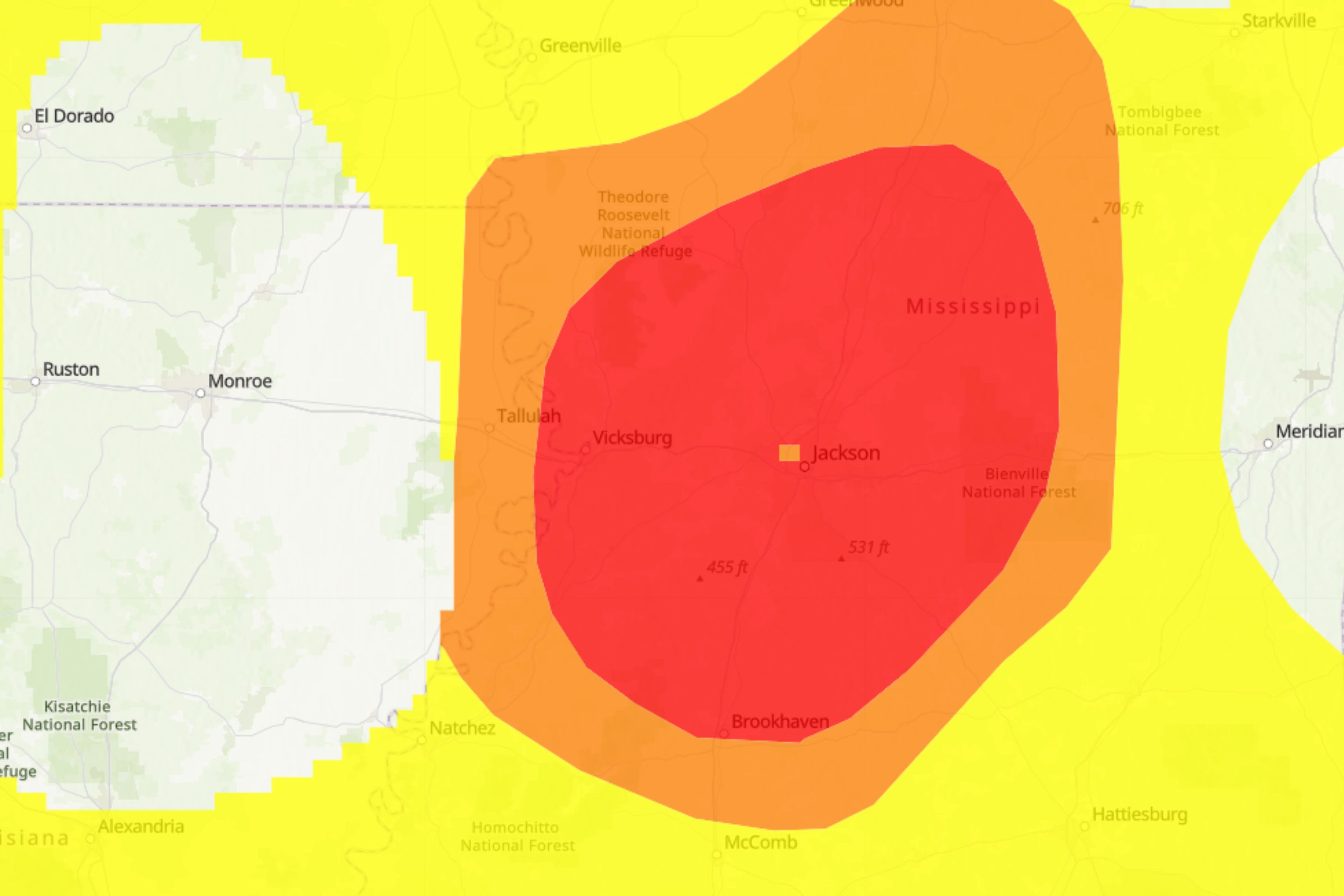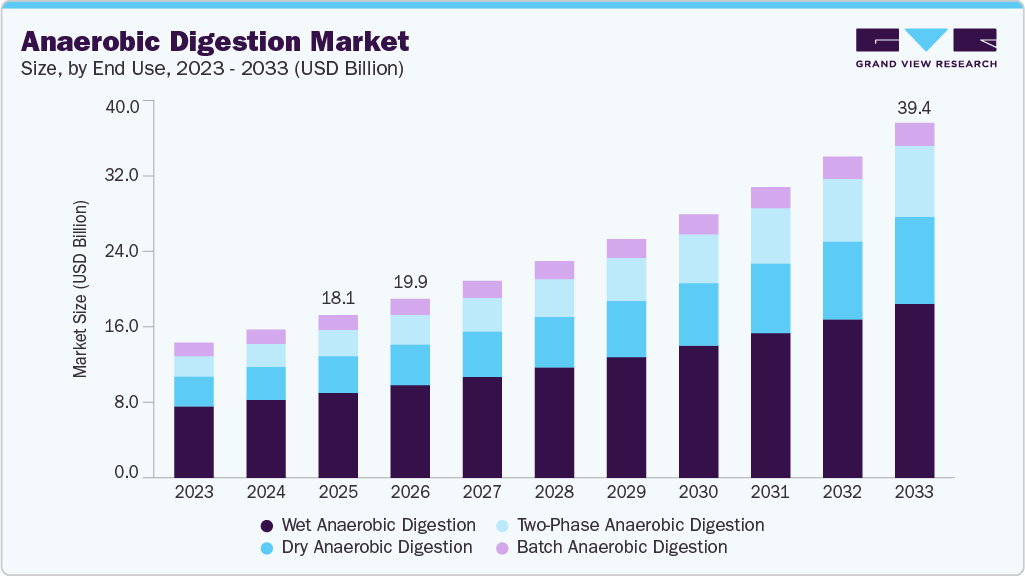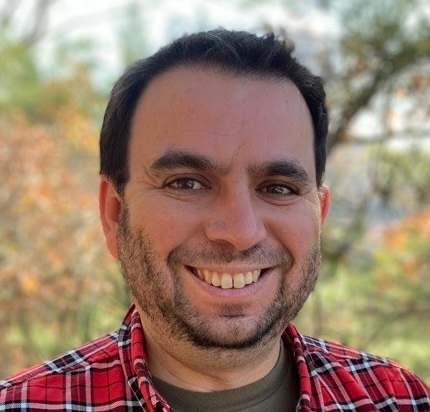Spain’s Parques Reunidos Sets Standard for Sustainable Tourism with Renewed Certification, Here’s All You Need to Know – Travel And Tour World

Report on Parques Reunidos’ Renewed “S for Sustainable Tourism” Certification and Alignment with Sustainable Development Goals (SDGs)
1.0 Executive Summary
- Parques Reunidos, a global leader in the leisure park sector, has successfully renewed its “S for Sustainable Tourism” certification for its corporate headquarters and all its parks throughout Spain.
- This certification, granted by the Institute for Spanish Tourism Quality (ICTE), formally recognizes the company’s operational alignment with the United Nations’ 2030 Agenda and its Sustainable Development Goals (SDGs).
- The renewal underscores a continued commitment to integrating sustainability across all facets of the business, balancing entertainment with environmental and social responsibility.
2.0 Certification Scope and Criteria
2.1 The “S for Sustainable Tourism” Standard
- The “S for Sustainable Tourism” seal is awarded to organizations that demonstrate a verifiable commitment to the principles of sustainability as outlined by the UN SDGs.
- Evaluation criteria encompass a comprehensive assessment of environmental, social, and economic practices to ensure a holistic approach to responsible tourism management.
2.2 Certified Operations
The certification applies to the corporate headquarters of Parques Reunidos and its entire portfolio of Spanish parks, including prominent locations such as:
- Parque de Atracciones Madrid
- Aquopolis
- Faunia
3.0 Integration of Sustainable Development Goals (SDGs)
The operational practices validated by the certification demonstrate Parques Reunidos’ direct contributions to several key SDGs:
-
Environmental Management and Climate Action
- SDG 7 (Affordable and Clean Energy) & SDG 13 (Climate Action): Initiatives are in place to reduce energy consumption and lower carbon footprints through the implementation of resource-saving technologies and energy-efficient attractions.
- SDG 12 (Responsible Consumption and Production): Operations focus on minimizing waste generation and improving overall waste management systems to promote a circular economy.
- SDG 14 (Life Below Water) & SDG 15 (Life on Land): As a leisure park operator with facilities like Faunia, the company’s conservation efforts contribute to the protection of biodiversity.
-
Socio-Economic Contributions
- SDG 8 (Decent Work and Economic Growth): The promotion of sustainable tourism contributes to the local economy through job creation and support for local culture.
- SDG 11 (Sustainable Cities and Communities): The company engages in community-based projects, including educational programs and initiatives that support the preservation of cultural heritage, thereby strengthening community well-being.
4.0 Market Implications and Future Outlook
4.1 Meeting Consumer Demand for Responsible Tourism
- The certification serves as a clear indicator for an increasingly environmentally conscious consumer base, providing assurance that the company adheres to rigorous sustainability standards.
- This alignment with global eco-conscious trends positions Parques Reunidos as a preferred choice for travelers seeking responsible leisure experiences.
4.2 Industry Leadership and Strategic Direction
- By maintaining this certification, Parques Reunidos sets a benchmark for the broader leisure and tourism industry, encouraging the adoption of sustainable practices.
- The company’s continued focus on sustainability ensures its long-term viability and resilience by aligning its growth strategy with global environmental and social goals.
- This proactive stance solidifies the company’s role as a leader in developing a tourism model that is both economically successful and environmentally and socially responsible for future generations.
Analysis of Sustainable Development Goals in the Article
1. Which SDGs are addressed or connected to the issues highlighted in the article?
-
SDG 8: Decent Work and Economic Growth
The article connects to SDG 8 by highlighting how sustainable tourism practices contribute to local economic development. It states that Parques Reunidos’ efforts “contribute to the local economy by creating jobs and promoting local culture,” which directly aligns with the goal of promoting sustained, inclusive, and sustainable economic growth.
-
SDG 11: Sustainable Cities and Communities
This goal is addressed through the company’s focus on community engagement and cultural preservation. The article mentions that Parques Reunidos is “actively involved in community-based projects” and helps “preserve cultural heritage through interactive exhibitions and activities that highlight local traditions,” which supports the creation of inclusive, safe, and sustainable communities.
-
SDG 12: Responsible Consumption and Production
SDG 12 is central to the article, as the “S for Sustainable Tourism” certification is based on implementing sustainable practices. The text explicitly mentions initiatives like “implementing resource-saving technologies, improving waste management,” and “minimizing waste generation,” all of which are key components of ensuring sustainable consumption and production patterns.
-
SDG 13: Climate Action
The article links the company’s actions to climate goals by mentioning “initiatives aimed at reducing carbon footprints” and aligning with the “climate action goals set out by the Paris Agreement.” This demonstrates a direct connection to taking urgent action to combat climate change and its impacts.
-
SDG 15: Life on Land
The theme of conservation and biodiversity is present, connecting the article to SDG 15. It mentions that the company’s responsible management balances “entertainment, conservation of nature,” and addresses the growing awareness of “biodiversity loss.” This reflects the goal of protecting terrestrial ecosystems.
2. What specific targets under those SDGs can be identified based on the article’s content?
-
Target 8.9: Promote sustainable tourism
This target aims to “devise and implement policies to promote sustainable tourism that creates jobs and promotes local culture and products.” The entire article is about Parques Reunidos renewing its “S for Sustainable Tourism” certification, which is a direct implementation of this target. The text emphasizes creating jobs and promoting local culture as part of this strategy.
-
Target 11.4: Protect the world’s cultural and natural heritage
This target focuses on strengthening “efforts to protect and safeguard the world’s cultural and natural heritage.” The article supports this by describing how the company is involved in “helping preserve cultural heritage” and contributing to the protection of “cultural and natural treasures that future generations are going to enjoy.”
-
Target 12.5: Substantially reduce waste generation
The goal to “substantially reduce waste generation through prevention, reduction, recycling and reuse” is directly referenced. The article states that the certification criteria include a focus on “improving waste management” and “minimizing waste generation.”
-
Target 12.b: Develop and implement tools to monitor sustainable tourism impacts
This target calls for the development of tools to monitor the impacts of sustainable tourism. The “S for Sustainable Tourism” certification itself, granted by the Institute for Spanish Tourism Quality (ICTE), serves as such a tool. The article explains it is “granted based on strict criteria” to ensure providers are contributing to the SDGs.
3. Are there any indicators mentioned or implied in the article that can be used to measure progress towards the identified targets?
-
The “S for Sustainable Tourism” Certification
The primary indicator mentioned is the certification itself. The article states that this seal is “given to organizations that show a really important commitment to the United Nations SDGs.” Its renewal serves as a clear, measurable indicator that Parques Reunidos is adhering to a set of sustainable practices and standards.
-
Reduction of Carbon Footprint
The article implies that a key performance indicator is the “reduction of carbon footprints in operations.” This is a quantifiable measure of progress towards climate action goals (SDG 13).
-
Waste and Energy Reduction
Progress is measured through initiatives focused on “reducing energy consumption” and “minimizing waste generation.” These are practical, measurable indicators of responsible consumption and production (SDG 12).
-
Community Engagement and Job Creation
The article implies that progress can be measured by the level of social impact, such as the number of “community-based sustainability projects,” “educational programs for young people” offered, and local “jobs” created. These serve as indicators for progress towards SDG 8 and SDG 11.
Summary Table: SDGs, Targets, and Indicators
| SDGs | Targets | Indicators (as per the article) |
|---|---|---|
| SDG 8: Decent Work and Economic Growth | 8.9: Promote sustainable tourism that creates jobs and promotes local culture. | Number of local jobs created; promotion of local culture through park activities. |
| SDG 11: Sustainable Cities and Communities | 11.4: Protect the world’s cultural and natural heritage. | Implementation of community-based projects; initiatives for cultural and natural heritage preservation. |
| SDG 12: Responsible Consumption and Production | 12.5: Substantially reduce waste generation. 12.b: Develop and implement tools to monitor sustainable tourism impacts. |
Reduction in waste generation; reduction in energy consumption; renewal of the “S for Sustainable Tourism” certification. |
| SDG 13: Climate Action | 13.3: Improve education and awareness on climate change mitigation. | Reduction of carbon footprint; alignment with Paris Agreement goals. |
| SDG 15: Life on Land | 15.5: Take action to reduce the degradation of natural habitats and halt biodiversity loss. | Engagement in nature conservation and biodiversity protection efforts. |
Source: travelandtourworld.com
What is Your Reaction?
 Like
0
Like
0
 Dislike
0
Dislike
0
 Love
0
Love
0
 Funny
0
Funny
0
 Angry
0
Angry
0
 Sad
0
Sad
0
 Wow
0
Wow
0












































































